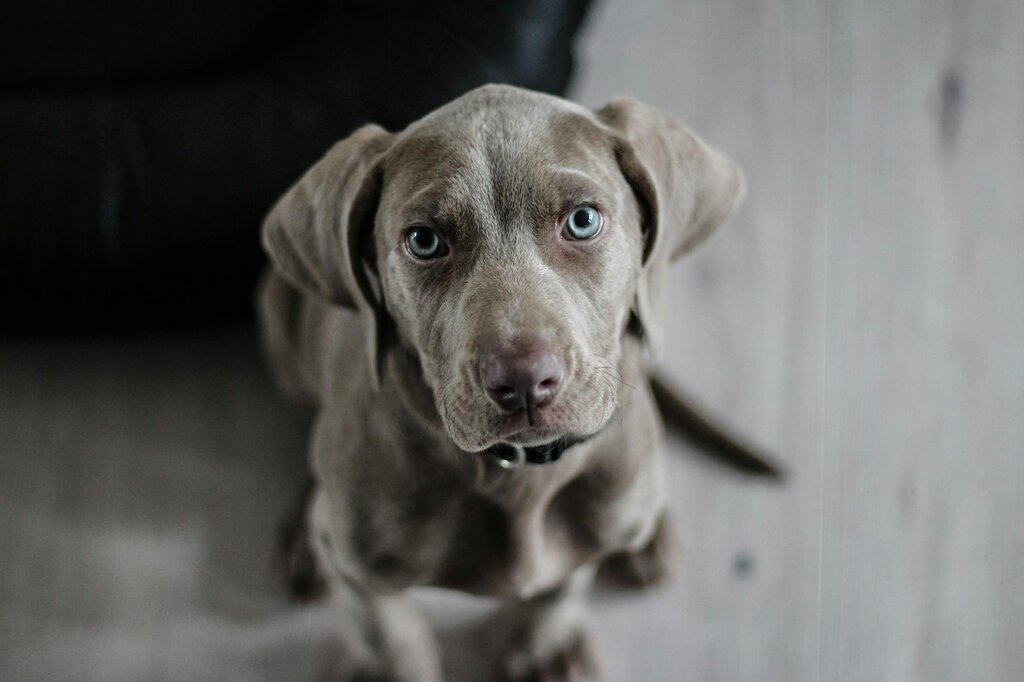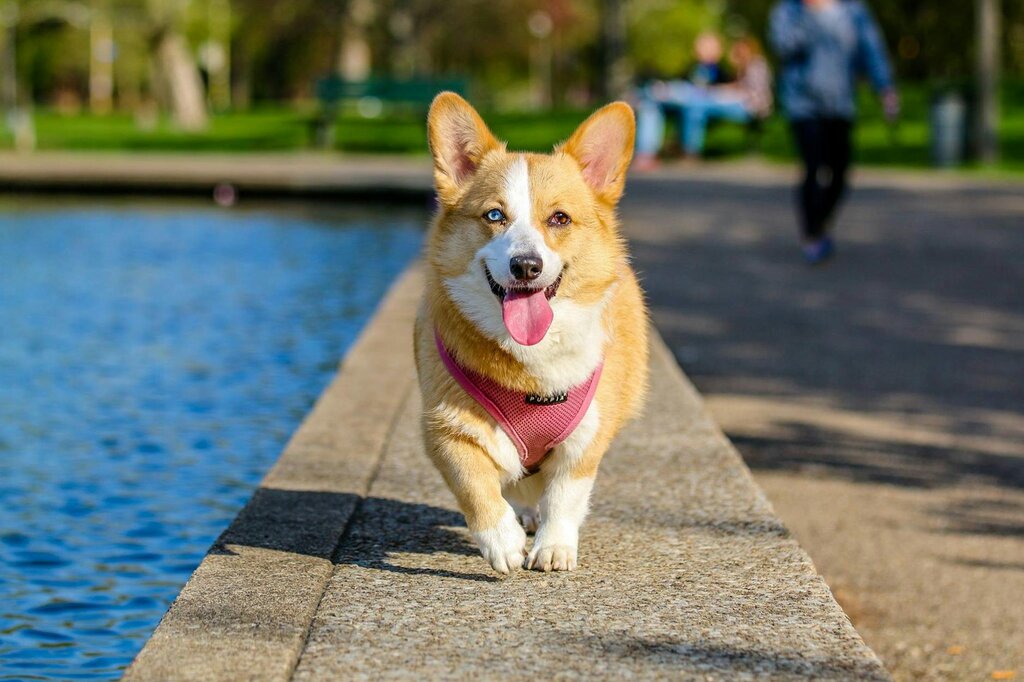Dietary changes
A frequent source of diarrhoea in dogs is a sudden change in diet. Whether youâve just run out of their favourite food or thought youâd try a tasty, new treat, suddenly changing a dog's diet can cause vomiting and diarrhoea. When introducing your pet to a new diet it is best to do so slowly to try and minimise any potential problems. Read our article How to Transition to a New Pet Food for some more tips and tricks.
Eating something they shouldn't have
Dietary indiscretion, where your pooch has helped himself to something he shouldn't have, is another common cause of diarrhoea. Whether your dog has been rummaging through the garbage bin or has found a tasty morsel while out on a walk, both scenarios are likely to lead to an upset tummy. In this situation, feeding your dog a bland diet such as boiled chicken and white rice will often quickly help to resolve the diarrhoea. If however, the diarrhoea persists, your dog is vomiting frequently or seems generally unwell, it is important to seek veterinary advice and treatment.
Parasites
Another common reason for diarrhoea is parasite infection. Intestinal parasites like hookworms, whipworms, roundworms, coccidia and giardia will all cause diarrhoea. Dogs can pick up these parasites from eating contaminated meat, drinking from contaminated water, as well as coming into contact with infected animals or their faeces. Parasites are also easily transmitted from mothers to their pups, so it is especially important that puppies and pregnant or nursing females are treated for parasites regularly.
If you'd like more information about protecting your dog or puppy from worms check out our Dog Worming Guide.



